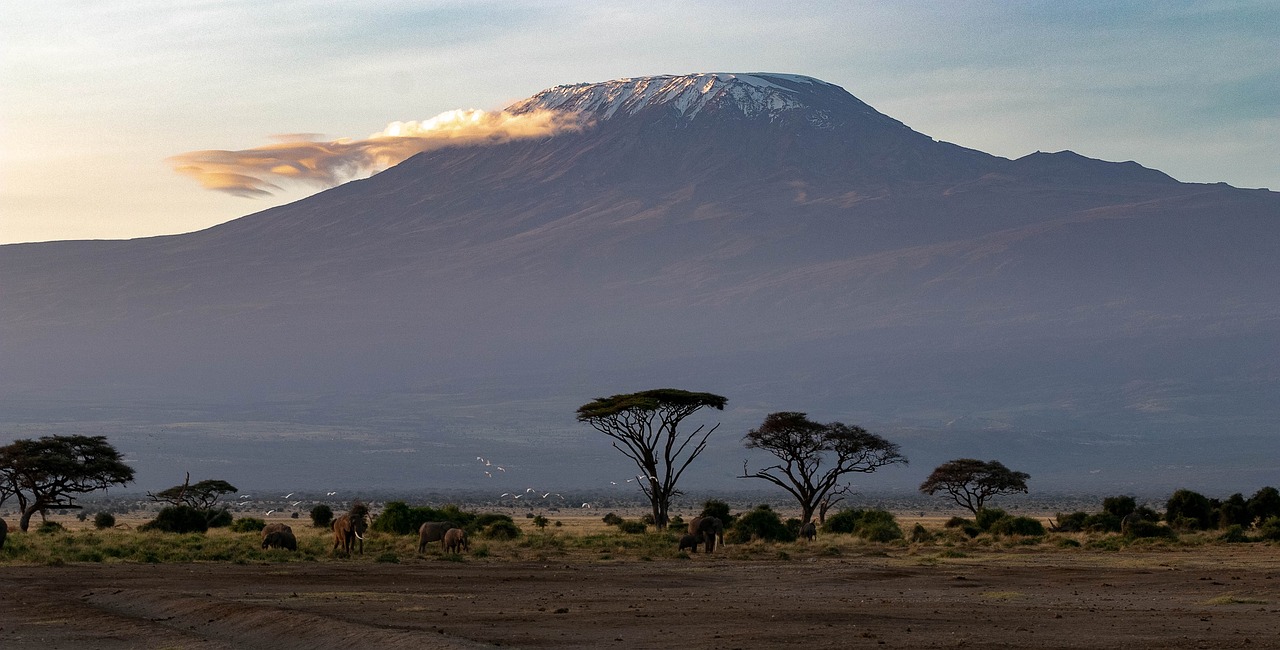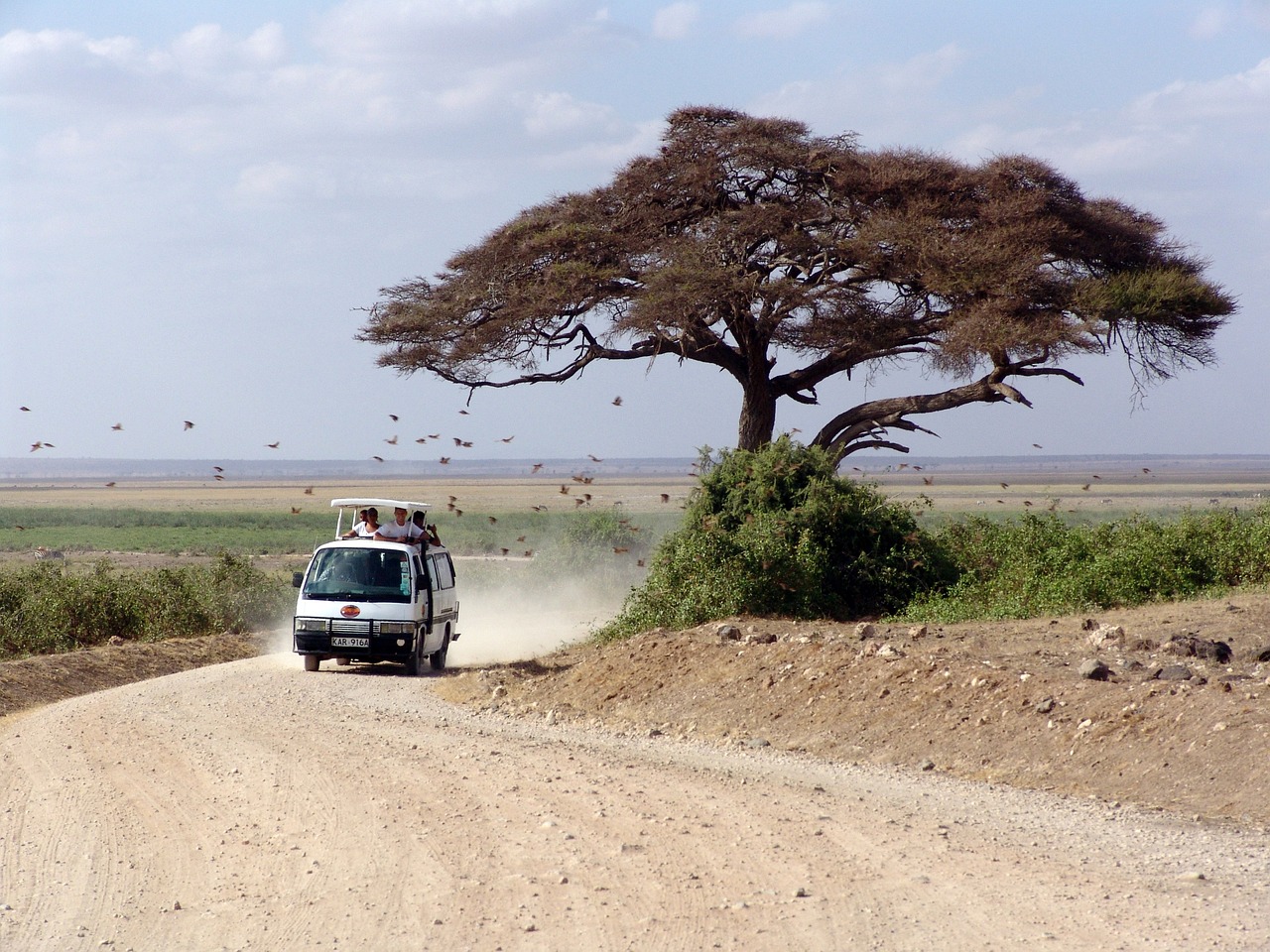Kenya Video
Cultural Sensitivities: Understanding Local Norms in Kenya
Kenya, located in East Africa, is a diverse country with a rich cultural heritage. To navigate this beautiful nation respectfully, it is crucial to understand and respect the local norms and cultural sensitivities. This article aims to provide a comprehensive guide to help visitors appreciate and adapt to the customs and traditions of Kenya.
Kenyan Greetings and Etiquette
When meeting someone in Kenya, greetings are an essential part of the interaction. Kenyans value politeness and respect, so it is customary to greet both acquaintances and strangers with a warm smile and a handshake. Addressing individuals by their titles and surnames is also considered respectful.
- Handshakes: In Kenya, handshakes are a common form of greeting. It is customary to shake hands with everyone present when entering a room or joining a group. Ensure your handshake is firm but not overly aggressive.
- Greetings: When greeting someone, it is polite to inquire about their well-being or ask how their day is going. Common greetings include “Jambo” (Hello) or “Habari za asubuhi” (Good morning).
- Respecting Elders: In Kenyan culture, showing respect to elders is highly valued. When interacting with older individuals, it is customary to greet them first and use honorifics such as “Mzee” (sir) or “Mama” (madam).
- Avoiding Personal Questions: It is best to avoid asking personal questions, especially regarding someone’s income, family, or relationships, as these topics may be considered intrusive.
Kenya Image 1: 
Traditional Customs and Dress
Kenya is home to numerous ethnic groups, each with its unique traditions and customs. Understanding and appreciating these customs can greatly enhance your experience in the country.
- Maasai Culture: The Maasai people are known for their vibrant red clothing and intricate beadwork. If visiting Maasai communities, it is important to respect their customs and seek permission before taking photographs.
- Kikuyu Traditions: The Kikuyu, Kenya’s largest ethnic group, have various customs, including initiation ceremonies for young men and women. It is important to be aware of these traditions and respect their significance.
- Islamic Influence: Along the Kenyan coast, Islam has a significant influence. Visitors should dress modestly when visiting mosques or predominantly Muslim areas, covering their shoulders and knees.
Food and Dining Etiquette
Kenyan cuisine is diverse, with a blend of traditional African dishes and international influences. When dining in Kenya, it is important to be aware of local dining customs and etiquette.
- Utensils: In many Kenyan communities, it is common to eat with your hands. If unsure, observe those around you and follow their lead. Utensils are typically provided for those who prefer to use them.
- Sharing Meals: Kenyan meals often involve communal eating, with dishes placed in the center of the table for everyone to share. It is customary to wait for the host to start eating before you begin.
- Respecting Elders: When dining with older individuals or hosts, show respect by allowing them to serve themselves first. It is also polite to avoid leaving the table until everyone has finished eating.
Kenya Image 2: 
Religious Practices
Kenya is a religiously diverse country, with Christianity, Islam, and traditional African religions being the main faiths. Understanding and respecting religious practices is crucial when visiting Kenya.
- Places of Worship: Kenya has numerous churches, mosques, and temples. When visiting these places, it is important to dress modestly and remove your shoes before entering, if required.
- Religious Holidays: Kenya celebrates various religious holidays, such as Easter and Eid al-Fitr. It is respectful to be aware of these holidays and avoid scheduling activities that may disrupt religious observances.
- Respecting Sacred Sites: Kenya is home to several sacred sites, including Mount Kenya and various traditional shrines. When visiting these places, it is important to show reverence and follow any specific rules or guidelines provided.
Gender Roles and Social Interactions
Kenyan society has distinct gender roles and social norms that visitors should be aware of to avoid misunderstandings or inadvertently causing offense.
- Respecting Personal Space: Kenyans generally maintain a closer physical proximity when conversing compared to some other cultures. Respect personal space but be open to closer interactions when engaging in conversations.
- Gender Equality: While progress has been made towards gender equality, traditional gender roles still exist in Kenya. It is important to be respectful of these roles and avoid making assumptions or generalizations.
- Public Displays of Affection: Kenyan society tends to be conservative when it comes to public displays of affection. It is advisable to avoid excessive displays of affection in public places.
Kenya Image 3: 
Environmental Awareness
Kenya is known for its stunning natural beauty, including national parks, wildlife reserves, and breathtaking landscapes. When visiting these areas, it is crucial to practice responsible tourism and environmental awareness.
- Wildlife Conservation: Kenya is home to diverse wildlife, including elephants, lions, and rhinos. It is important to respect their habitats and follow guidelines provided by park authorities to minimize human-wildlife conflicts.
- Littering and Waste Management: To preserve the natural beauty of Kenya, it is essential to dispose of waste properly and avoid littering. Use designated trash bins or carry litter until you find an appropriate disposal site.
- Water Conservation: Kenya experiences periodic water shortages, especially in arid regions. Visitors should be mindful of their water usage and avoid wastage whenever possible.
Health and Hygiene
Maintaining good health and hygiene practices is essential when visiting Kenya to prevent illness and respect local customs.
- Water Safety: It is advisable to drink bottled or filtered water to avoid waterborne diseases. Avoid consuming tap water or ice made from tap water.
- Mosquito Protection: Kenya is a malaria-endemic country, so it is crucial to take precautions against mosquito bites. Use insect repellent, sleep under mosquito nets, and consider taking antimalarial medication if recommended by a healthcare professional.
- Cultural Sensitivity: When visiting rural areas or traditional communities, it is important to be mindful of local customs and hygiene practices. Respect cultural norms, such as washing hands before meals, and follow the lead of locals.
Conclusion
By understanding and respecting the cultural sensitivities and local norms in Kenya, visitors can have a more immersive and respectful experience. From greetings and etiquette to traditional customs and environmental awareness, embracing the cultural diversity of Kenya enhances the journey and fosters meaningful connections with the local community.
References
– nationalgeographic.com
– lonelyplanet.com
– kenya.travel


